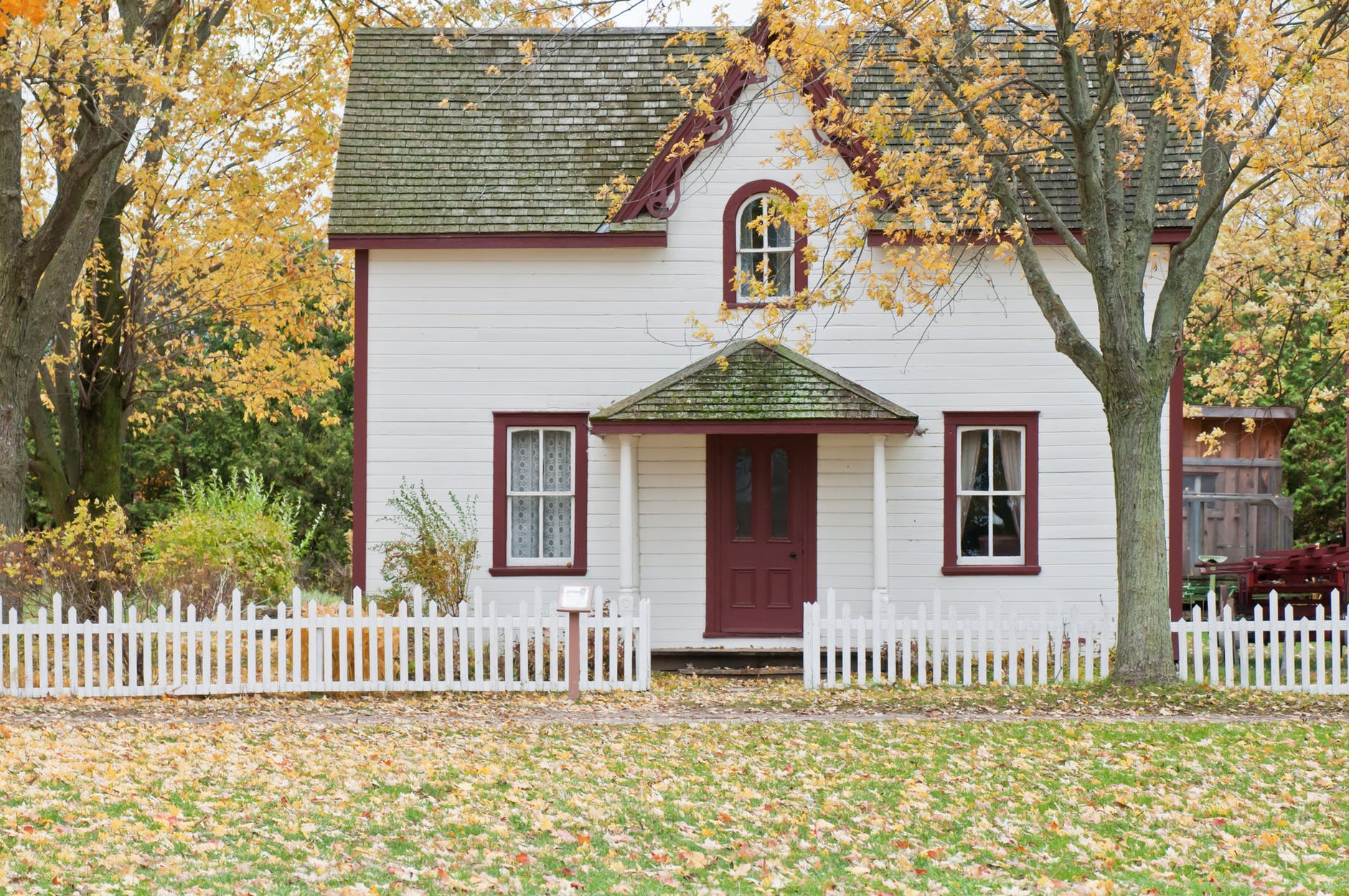Helping your children on to the property ladder
18 February 2020

The bank of Mum and Dad is becoming increasingly popular and we are seeing this on a regular basis. It can be as simple as the parents gifting the funds required for all or part of the deposit. However, at the other extreme, some lenders are requiring parents to guarantee the child's mortgage or even entering into the mortgage and purchasing the property in joint names.
We have outlined below a few of the pitfalls you, as a parent, could face.
Do you gift or loan the deposit
The first question to ask yourself when considering giving money to your children is whether you are expecting the money to come back. Secondly, have you appreciated that if you give them the funds outright, you will have no control over what the money might be used for or who might benefit from the funds.
Many mortgage companies will not allow you to secure the funds by way of a second charge and are more likely to require you to sign to say that the funds are an absolute gift with no expectation of you acquiring an interest in the property.
Do you take out a charge over your own property to help your children?
Some parents are considering re-mortgaging their own property to release the funds to pass to their children. However, it is important to consider the impact this may have on your own quality of life or retirement plans.
Should you enter into the mortgage with your children?
There are currently three main types of mortgage arrangements by which parents can help their children:
- they can guarantee the mortgage,
- they can enter into the mortgage but not own the property and
- they can co-own the property.
The two main risks of you as a parent purchasing the property jointly with your children are (i) you will be tied into the ownership of the property and the mortgage which can impact your own plans going forward, (ii) it is likely that the purchase will be subject to the 3% stamp duty surcharge and (iii) your circumstances will be taken into consideration in terms of age and affordability.
Imagine you are on the mortgage and title of the property with your son and his partner. Your son's relationship might break down or something could happen to him. You would be left owning a property with your son's partner and have very little control over whether the property is sold and/or the mortgage repaid. You may decide that you need to move house and your ability to do so could be impacted by the mortgage you now have with your son and/or his partner as the existing mortgage will be considered when deciding your affordability
Finally, if your son is purchasing a property for under £500,000 he may be able to benefit from first time buyer's relief. However, if you already own a property of your own, not only will he lose this benefit, but he will then need to pay the increased 3% surcharge. This can be an expensive price to pay for helping your child onto the property ladder.
A parent who guarantees a mortgage or is named on the mortgage deed will be bound by the terms of the mortgage regardless of whether they live at the property or not. The obligations to keep the property in a good state of repair and insured, as well as to make the mortgage payments, could therefore fall to you if your children are unable to or simply choose not to carry out these obligations.
Regardless of the proposed mortgage arrangement the lending is always based upon the eldest applicant’s age and this will be the parent. Most high street lenders will lend up to age 70, with some going to 75 and this therefore restricts how long the term of the mortgage can be. This could then not only make the monthly repayments higher but it will also impact the affordability and how much the lender will lend.
From an affordability point of view, if the parent has their own mortgage, their income would be expected to cover this as well as the new mortgage being taken with the child, along with any debt or committed expenses they have. Combined with the reduced term, often this can mean a lower loan amount is offered.
Shelly West, from Shelly West Mortgages Limited, confirmed that "In terms of products, most lenders will allow a joint mortgage with a parent, although some perhaps would not be comfortable unless both were living there. There are a handful of lenders that offer a joint borrower sole proprietor arrangement and more and more lenders are launching into this area. The rates aren’t necessarily higher as there are mainstream lenders available but it is worth noting that you will be restricted to certain lenders.
There are also various guarantor and family assisted products available but these do tend to attract higher rates. Barclays offer a family springboard product which is designed to allow family members help to get a loved one onto the property ladder. The family member provides a 10% security deposit which is held in a savings account with the lender. This then allows the child to purchase a property with as little as no personal deposit or 5%, if they are able. The security deposit is returned to the family member after 5 years. "
Are there any tax implications to helping your children?
We have mentioned the possible implications on stamp duty land tax above, but you will also need to consider the inheritance tax implications of any gift you make. You are allowed to give up to £3,000 a year without worrying about the possible inheritance tax implications and separate individual gifts of up to £250 are also allowed. It is also possible in some cases to draw on unused income to make regular gifts if doing so doesn't affect your quality of living.
For parents who choose to purchase the property jointly with their children, they may then also need to consider capital gains tax liability if the property is not going to be the parents' main residence.
Please consider speaking to a specialist if you have any concerns about the tax implications and our team at Wilsons would be happy to talk through the possible options.



